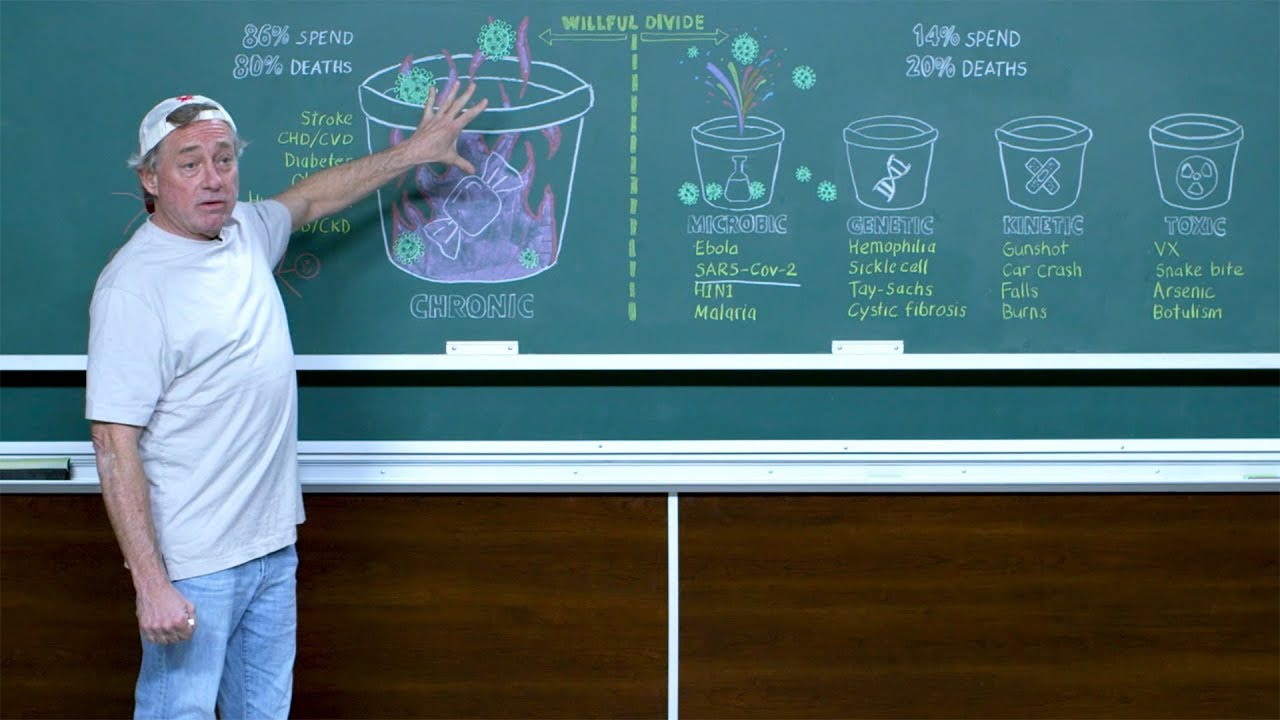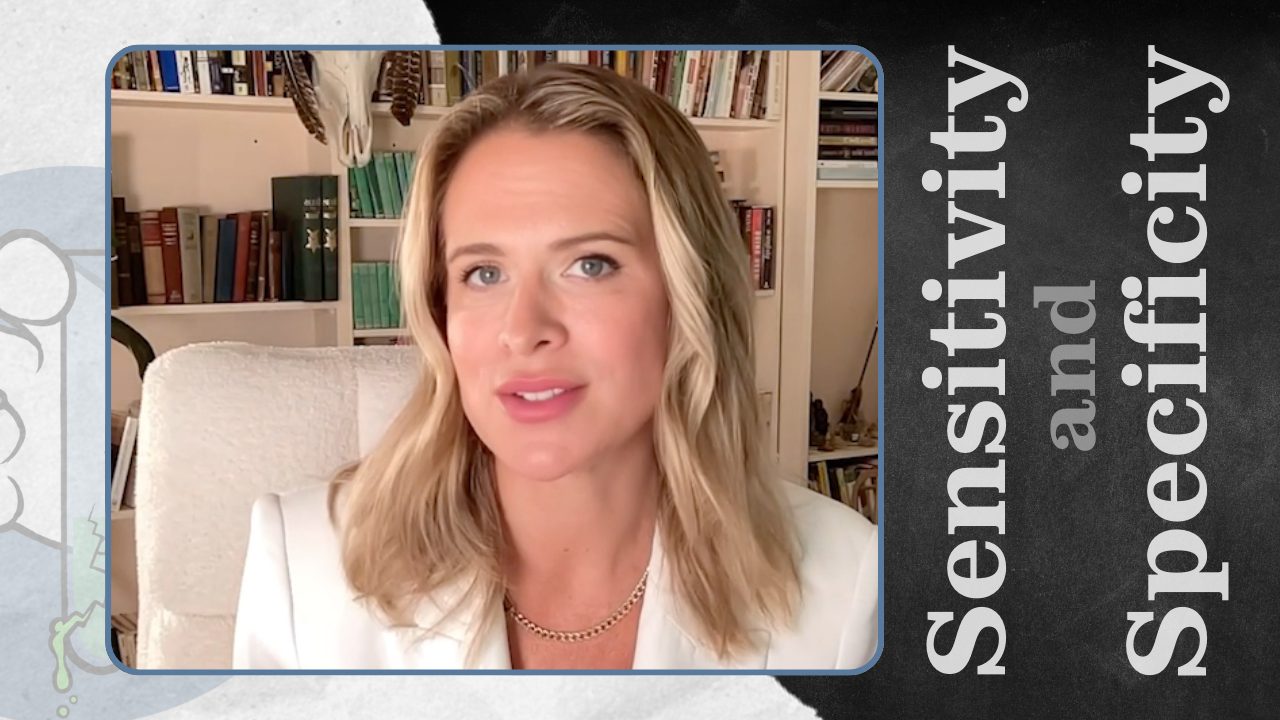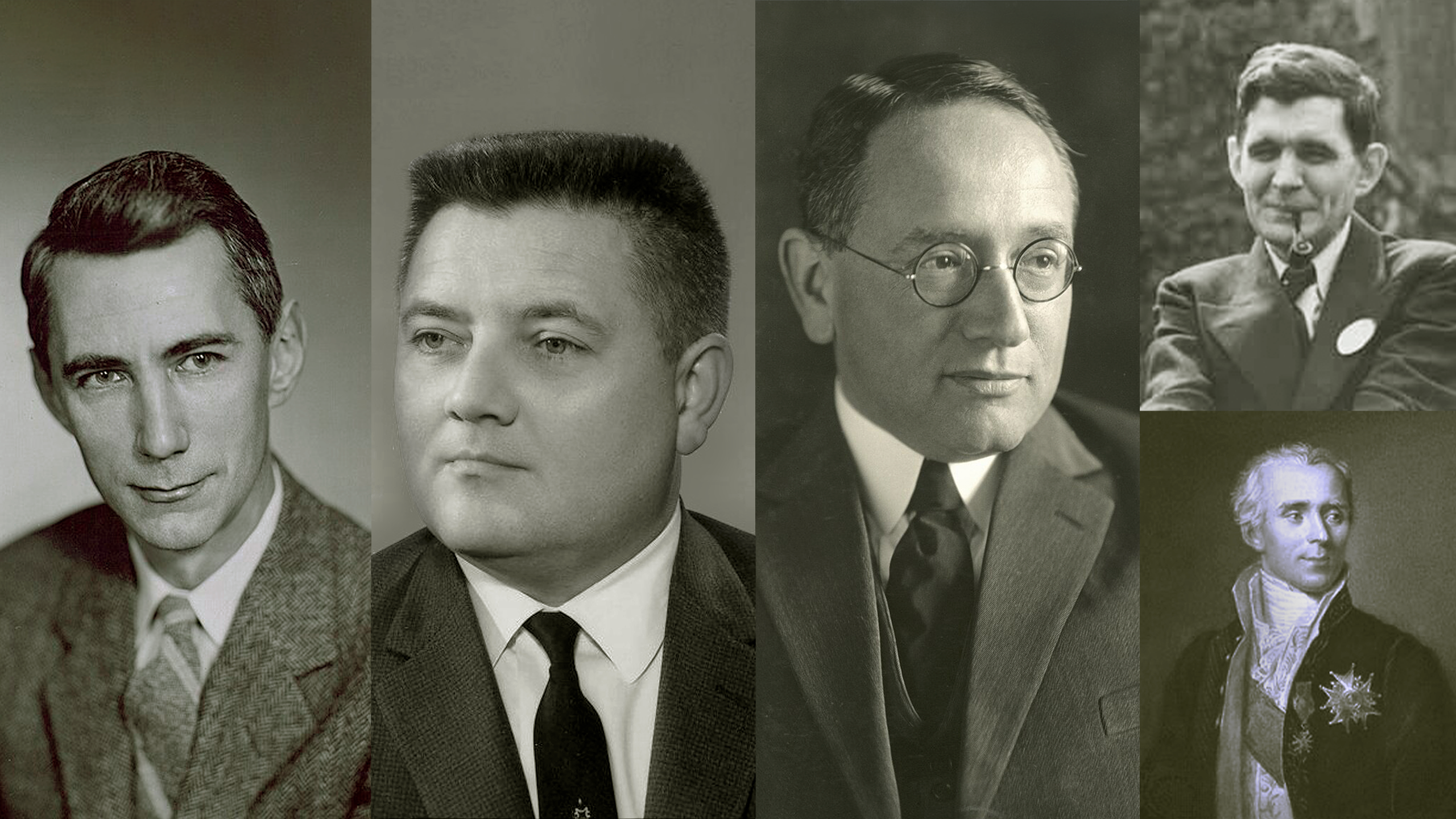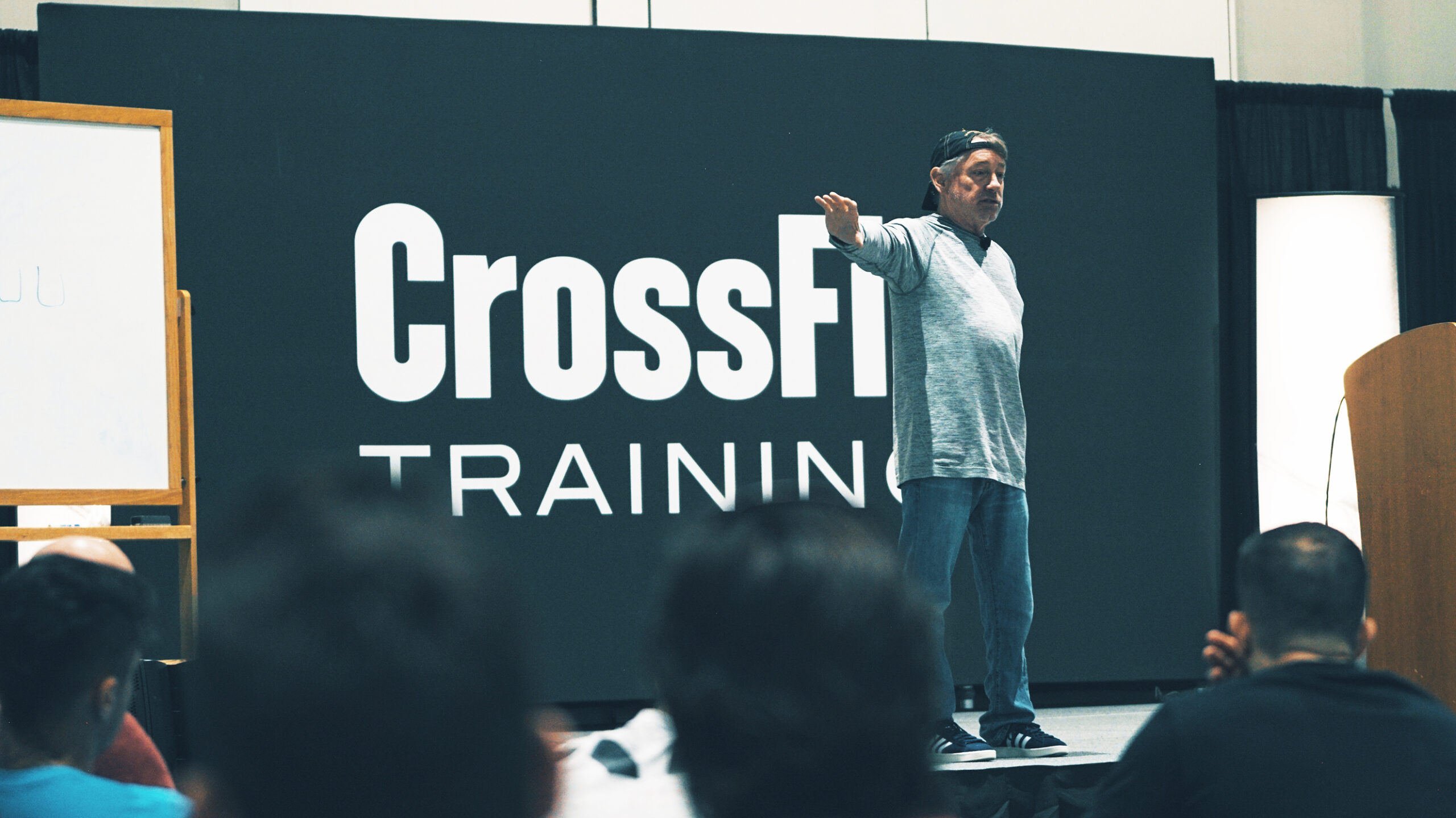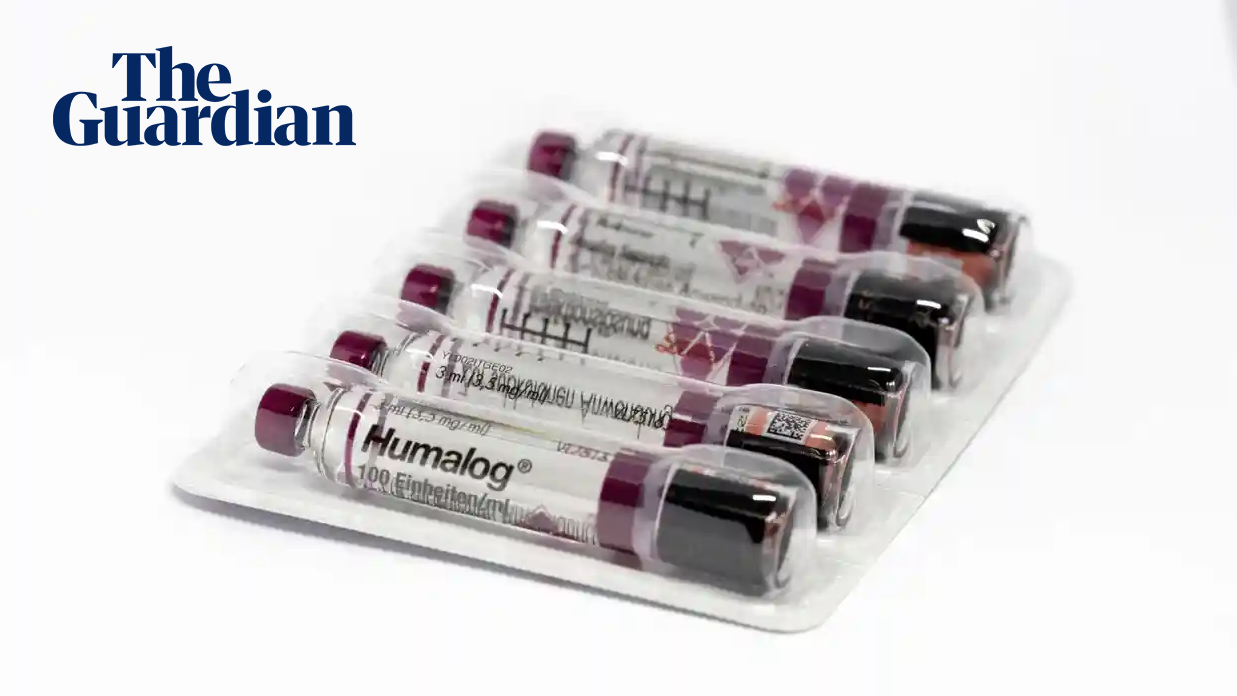All Content
All Content
In March 2020, while still serving as CrossFit CEO, Greg Glassman delivers a version of a talk he had delivered during grand rounds at medical schools around the country. Greg Glassman divides various common causes of death into five categories: chronic, microbic, genetic, kinetic, or toxic.
Wiley to shutter 19 more journals, some tainted by fraud.
Emily looks at medical tests and explains two concepts commonly used in testing: sensitivity and specificity.
By Emily KaplanMalcolm explains how trials become unblinded, either officially or through indicators in biomarkers.
The ADA just settled an explosive legal case accusing the organization of betraying people with diabetes.
